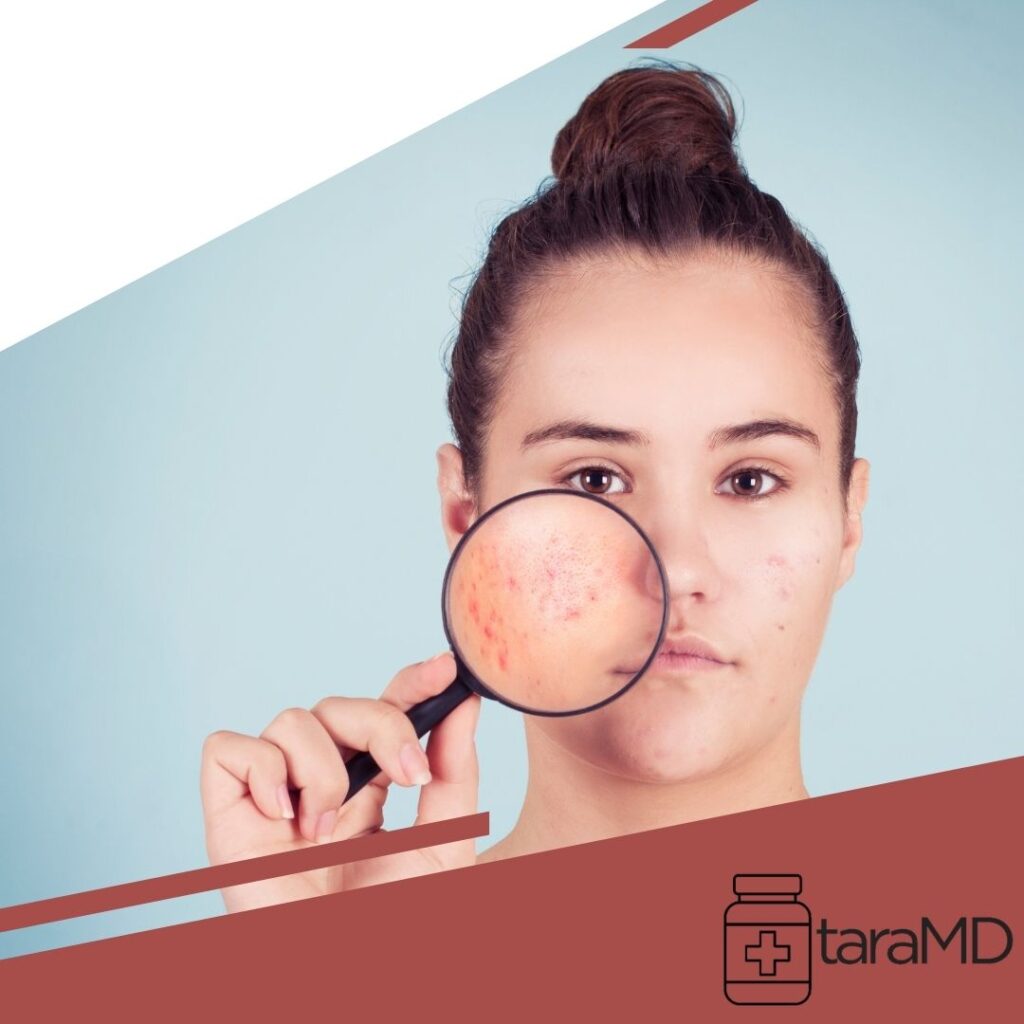Pregnancy brings about numerous changes in a woman’s body, and for many, one of those changes is acne. Hormonal fluctuations, increased oil production, and other pregnancy-related factors can cause breakouts, which can be frustrating and uncomfortable. While managing acne during pregnancy is important, it’s essential to remember that not all acne treatments are safe for you or your baby. In this article, we’ll explore safe and effective acne treatment options during pregnancy, offering you solutions that will help manage breakouts while keeping your health a top priority.
1. Why Acne Occurs During Pregnancy
Hormonal changes are one of the main causes of acne during pregnancy. Increased levels of progesterone and estrogen can stimulate sebaceous (oil) glands in the skin, leading to an overproduction of oil. This excess oil can clog pores and provide a breeding ground for acne-causing bacteria. Additionally, stress, changes in diet, and other lifestyle factors during pregnancy can exacerbate acne.
While acne is most common during the first and second trimesters, it can occur at any point during pregnancy. Fortunately, there are safe treatment options available that can help manage this condition without harming you or your baby.
2. Safe Treatment Options for Acne During Pregnancy
When it comes to treating acne during pregnancy, it’s important to avoid certain ingredients that could pose risks to your baby. For example, oral retinoids (like Accutane) and high doses of salicylic acid are not safe during pregnancy. However, there are several safe alternatives:
- Topical Products with Benzoyl Peroxide: Benzoyl peroxide is a common acne-fighting ingredient that works by killing bacteria and reducing inflammation. It is considered safe for use during pregnancy in moderate amounts. Look for products that contain 2.5% to 5% benzoyl peroxide to avoid irritation.
- Salicylic Acid (In Low Concentrations): While high concentrations of salicylic acid should be avoided during pregnancy, low concentrations in topical products are generally considered safe. It works by exfoliating the skin and helping to clear pores. If you are concerned, it’s a good idea to consult with your dermatologist before using products with salicylic acid.
- Topical Antimicrobial Products: For mild acne, antimicrobial products like clindamycin or erythromycin can be prescribed by a dermatologist. These antibiotics help reduce bacteria on the skin and prevent new breakouts from forming. They are typically safe to use during pregnancy when applied topically.
- Gentle Skincare Routine: Using a gentle, non-comedogenic cleanser to wash your face twice a day can help prevent pores from becoming clogged. Avoid harsh scrubbing, as it can irritate the skin and worsen acne. Look for products that are free of alcohol and fragrances to minimize skin irritation.
- Hydrating Moisturizers: Acne treatments can often dry out the skin, so using a hydrating, pregnancy-safe moisturizer is important. Opt for a lightweight, non-comedogenic moisturizer that won’t clog pores but will help maintain the skin’s moisture balance.
3. What to Avoid
When dealing with acne during pregnancy, there are several ingredients and treatments you should avoid:
- Retinoids: Both oral and topical retinoids (like Accutane) are known to cause birth defects and should be completely avoided during pregnancy.
- High Doses of Salicylic Acid: While low concentrations in topical treatments are generally safe, high doses or oral salicylic acid should be avoided.
- Certain Chemical Peels: Chemical peels that contain high-strength acids or ingredients like TCA (trichloroacetic acid) should not be used during pregnancy. Always check with your dermatologist before getting any professional treatments.
4. Lifestyle Changes to Complement Acne Treatment
Along with safe treatments, some lifestyle changes can help reduce acne during pregnancy:
- Maintain a Healthy Diet: Eating a balanced diet with plenty of fruits, vegetables, and whole grains can support healthy skin. Avoiding excess sugar and processed foods can help prevent acne flare-ups.
- Reduce Stress: Pregnancy can be stressful, but stress is known to trigger acne. Practicing relaxation techniques such as deep breathing, yoga, or meditation can help manage stress and reduce breakouts.
- Get Enough Sleep: Rest is crucial for overall health, and poor sleep can exacerbate acne. Try to get at least 7-8 hours of sleep per night to support skin regeneration and reduce stress levels.
Managing Acne Safely During Pregnancy
Acne during pregnancy is common, but with the right approach, it can be managed safely. By using pregnancy-safe topical treatments like benzoyl peroxide, salicylic acid in low concentrations, and antimicrobial products, you can keep your skin clear without risking your health or your baby’s health. Always consult with your healthcare provider or a dermatologist before starting any acne treatment to ensure it’s safe for you during pregnancy. With the right care, you can maintain healthy skin and manage your acne effectively throughout this special time.
Read more:

